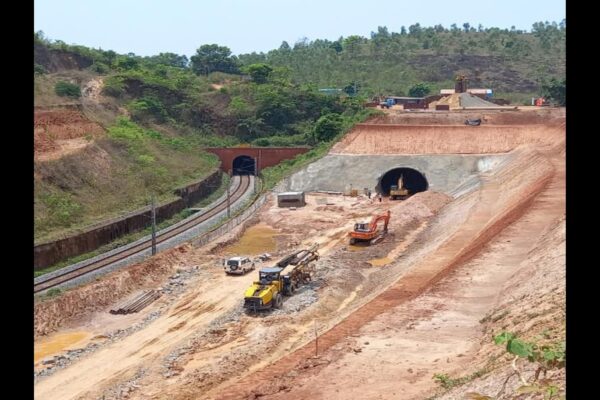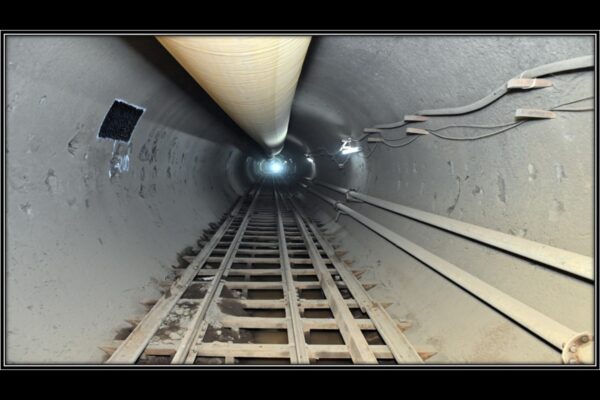The rise of boutique EPC consultants: Disrupting the dominance of legacy giants
by Sivaramakrishnan S, Founder and Managing Director, AVIS Enertech
Large EPC contractors had a monopoly on infrastructure and industrial projects for years. Large scale, global reach, and mechanized systems made them a certainty. But a new batch of smaller, specialist EPC consultants, so-called boutique firms – are bursting through at rapid speed, with precision, and with a sense of responsibility. It’s not a trend. It’s a response to what the industry is looking for these days – flexibility, ownership, and deep technical focus.
Why “Small” became smart
I started my career within this sector constructing boilers and process equipment. Later on, I worked on piping systems, stress analyses, modular packages, and large oil & gas developments on an international scale. During this time, I saw how large organizations operated – stable systems, crisp hierarchies, yet heavy processes and slower decision-making. In numerous projects, I saw smaller firms – sometimes engaged on very limited scopes – own and produce much more. They arrived on time, paid attention to detail, and engaged fully. This wasn’t out of obligation, but because they chose to. That disparity stayed with me.
Shifting client demands
The nature of EPC projects is changing. More projects are modular. Budgets are tighter. Scheduling is tighter. Customers now require something other than engineering drawings per se; they need credible partnerships. Boutique EPC companies tend to be started by engineers with decades of experience. They understand how projects go, how delays arrive, and how to steer clear of common complications. They have thin teams, straightforward communication, and less bureaucracy, resulting in quick execution and fewer surprises. They often deal with clients on a day-to-day basis as part of their own team. From front-end design through interface management as well as construction support, their approach is hands-on and solution-driven.
Not replacing giants—Just reshaping the balance
Large EPC players will forever exist, at least on mega-projects. But clients aren’t handing over entire projects to one name anymore. They’re breaking scopes into packages and choosing partner firms which provide specific value. Boutique firms increasingly find themselves given responsibility for detailed engineering, modular skids, retrofit, and brownfield upgrade projects – scenarios where responsiveness, flexibility, and intimate coordination outweigh corporate bulk. They have neither bulky overheads nor long approval strings. That can all come into play when schedules are tight and site conditions unknown.
People make the difference
Engineering isn’t merely about calculations and code. It’s about collaboration, responsibility, and decision-making. Boutique EPC firms succeed because they stay close to the problem, and their customer. If there’s a technical conflict, a vendor design delay, or a discipline mismatch, these firms don’t sit back and wait for a formal review. They pick up the phone, call one another directly, and resolve it. The project isn’t held up on red tape. What they offer isn’t just service but attention.
Looking forward
As businesses move toward smarter, greener infrastructure, EPC demands shift with them. The future requires firms able to adapt quickly, with a technical bent, and with collaboration. Boutique EPC advisory firms are suited for this future. They aren’t here to compete on size but on value. They bring depth, speed, and care to each job they tackle. This rise of boutique EPC players isn’t a threat against incumbent players, it’s a rebalancing of how engineering services are delivered. It’s about giving clients a better set of choices and allowing skilled engineers a clearer and more focused way of working. And what this industry needs at this point, as far as I can see.
Tags














